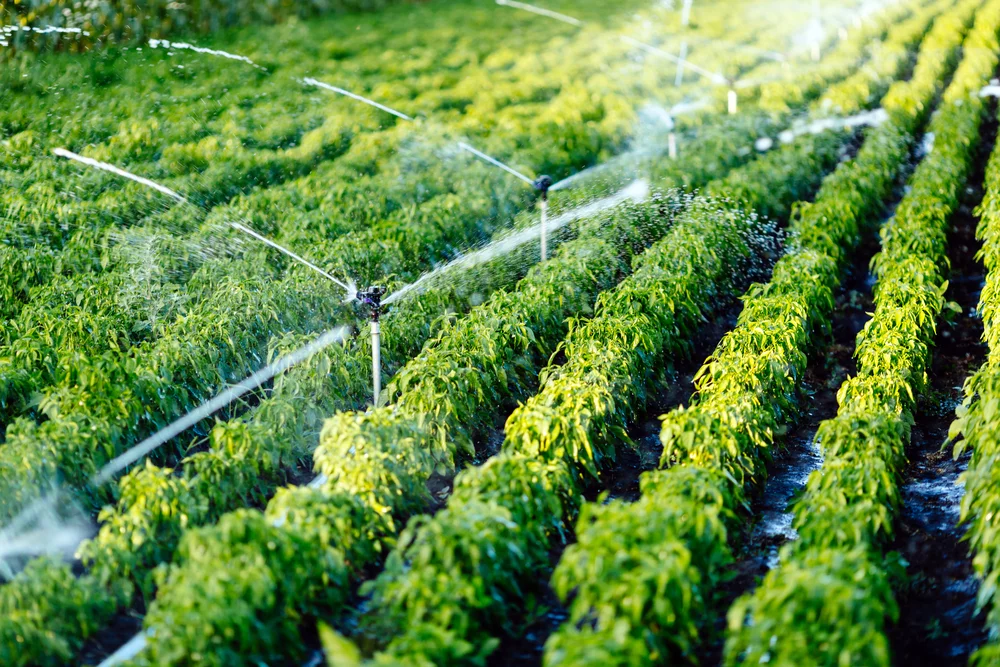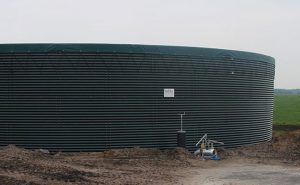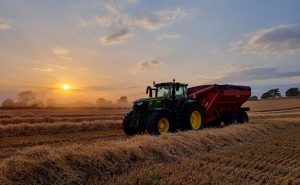How to optimise your agricultural services and ensure ROI

Agricultural services are vital to keeping your farm running smoothly and achieving ROI. It is important to ensure that all of your farming processes are optimised in line with changing seasons and crop nutritional requirements throughout the year, alongside considering environmental changes. You may also be able to utilise waste materials more effectively in order to improve your other practices and save money in the process.
There are a number of changes happening across the farming industry, with changes to the political climate such as Brexit looming and offering much uncertainty, changes to environmental practices, boosting sustainability capabilities and new methods emerging to improve crop output and ensure cost efficiency.
From soil management improvements backed by companies such as Yorkshire Water and Future Food Solutions to utilising and storing digestate efficiently for boosted crop growth and cost effectiveness, there are a number of key ways in which your farm can benefit from these improved agricultural services.
Sustainability
With issues such as global warming and climate change, industry experts have been working tirelessly to determine the best methodology to counteract the effects and ensure sustainability for future generations.
With summer temperatures hitting record highs, the UK has already begun to see the debilitating effects that climate change is having on the planet. The heat not only has the capability to damage crops but also often leads to droughts and short periods of heavy rainfall, which result in damage to the fragile ground. This increased intensity of the rainfall is likely to lead to increased amounts of soil erosion, particularly on sloping land.
Where possible farmers should look to implement methods to make their farm more sustainable to counteract these negative changes and improve the capability to continue through increasingly harsh summers in the coming years. By implementing better land management to increase infiltration whilst reducing run-off, farmers may be able to minimise the effects of these harsh conditions. Farmers could see a number of further advantages from doing this, including providing irrigation water during the dry periods, reducing the risk of flooding and maintaining the groundwater levels.
Technology
Innovation in agriculture is powering forward, with a significant number of operational technologies currently in research and development stages, farmers will soon be given the ability to make more informed decisions and be able to better visualise how their crops are performing in the current environment over the next season. Technology can also support farmers in identifying disease ahead of it spreading and causing serious damage to their crops. This can provide farmers with a significant amount of stability and security, with a reduced risk of reaching the end of the growing season to discover crops that are unsaleable and diseased.
Cost efficiency
By utilising waste materials to create digestate for spreading or injecting, farmers can see significant savings by replacing or supplementing their bagged fertiliser in this way. Digestate can be used in a number of ways, and by measuring nutrient levels regularly and aligning these with the amount your soil needs to reach its full potential, you will be better able to determine how much you need to apply and at what point during the growth cycle.
Once you understand how your digestate supply aligns with your soil and crop production, you can store it in a lagoon or storage tank until the correct time of year or season. By storing your slurry or digestate in a custom-made tank or lagoon, you can save your product for the optimum time to spread or inject. This can reduce the risk of run-off, pollution to the surrounding environment and ensure that it will be taken up by crops as efficiently as possible.





